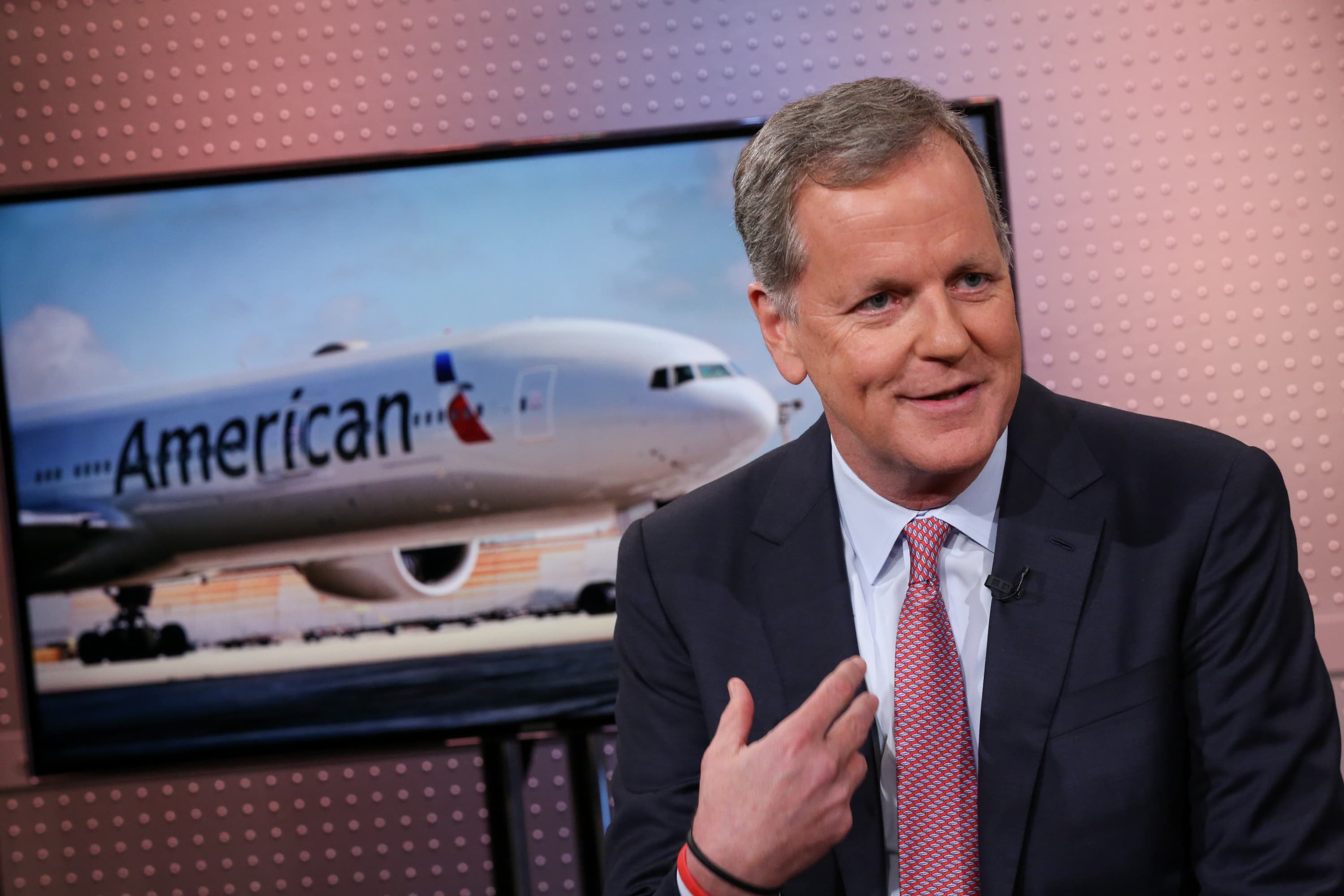
LONDON — AstraZeneca's covid-19 vaccine could be available across the European Union in mid-February, an EU official said on Tuesday, after the pharmaceutical company applied for distribution approval in the 27-member bloc.
The European Medicines Agency announced on Tuesday that it is now studying the results of the AstraZeneca and Oxford University vaccine under an "accelerated timeline" and could issue its opinion as early as January 29. This jab is being rolled out in the United Kingdom since early January.
"If we were to have a successful authorization for the AstraZeneca contract… we hope that two weeks after that authorization, AstraZeneca would be able to give the first delivery," Sandra Gallina, director-general for health and food safety at the European Commission told lawmakers on Tuesday morning.
"And they are thinking of I'd say two deliveries a month, but this is all in the making, they need to discuss this with the member states," she added.
The EU has a contract with AstraZeneca to buy up to 400 million doses of its vaccine. One of its benefits is that it can be stored in normal fridges rather than at extremely low temperatures like some of its competitors. However, this jab has also been under some criticism after the manufacturers admitted an error in late November, which was then corrected.
This would be the third vaccine approval in the EU to contain the pandemic. The bloc has been vaccinating citizens with the Pfizer/BioNTech jab since late December and the Moderna vaccine received a greenlight for distribution last week.
Gallina told lawmakers that the first Moderna jabs have started being distributed across member states on Monday.
We bought as much as it was offered.Sandra Gallinadirector-general at European Commission
Nonetheless, the European Commission has been blamed for what critics describe as a slow rollout of coronavirus vaccines. Finland's Prime Minister Sanna Marin sent a letter to the commission on Monday urging the institution to speed up the distribution of the vaccines.
"It puzzles me again the debate on why didn't we buy more," Gallina, who has been the chief negotiator with the pharma companies, said.
"We bought as much as it was offered," she explained.
"It is not just quantities that you negotiate, you negotiate a specific quantity for that moment so we have all the quantities that can be produced," Gallina added.
The speed of vaccination has differed across the 27 countries in part due to red tape and lack of preparedness by some governments.
According to Gallina, the European Centre for Disease Prevention and Control will provide figures on how many citizens have been vaccinated across the EU twice a week starting next week.
Shares of AstraZeneca dropped in early trade in Europe.
https://ift.tt/39tlgbh
Business

No comments:
Post a Comment